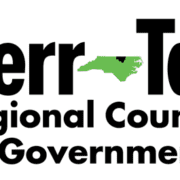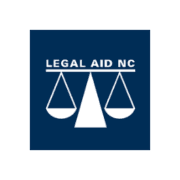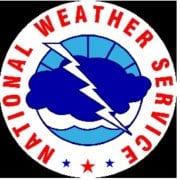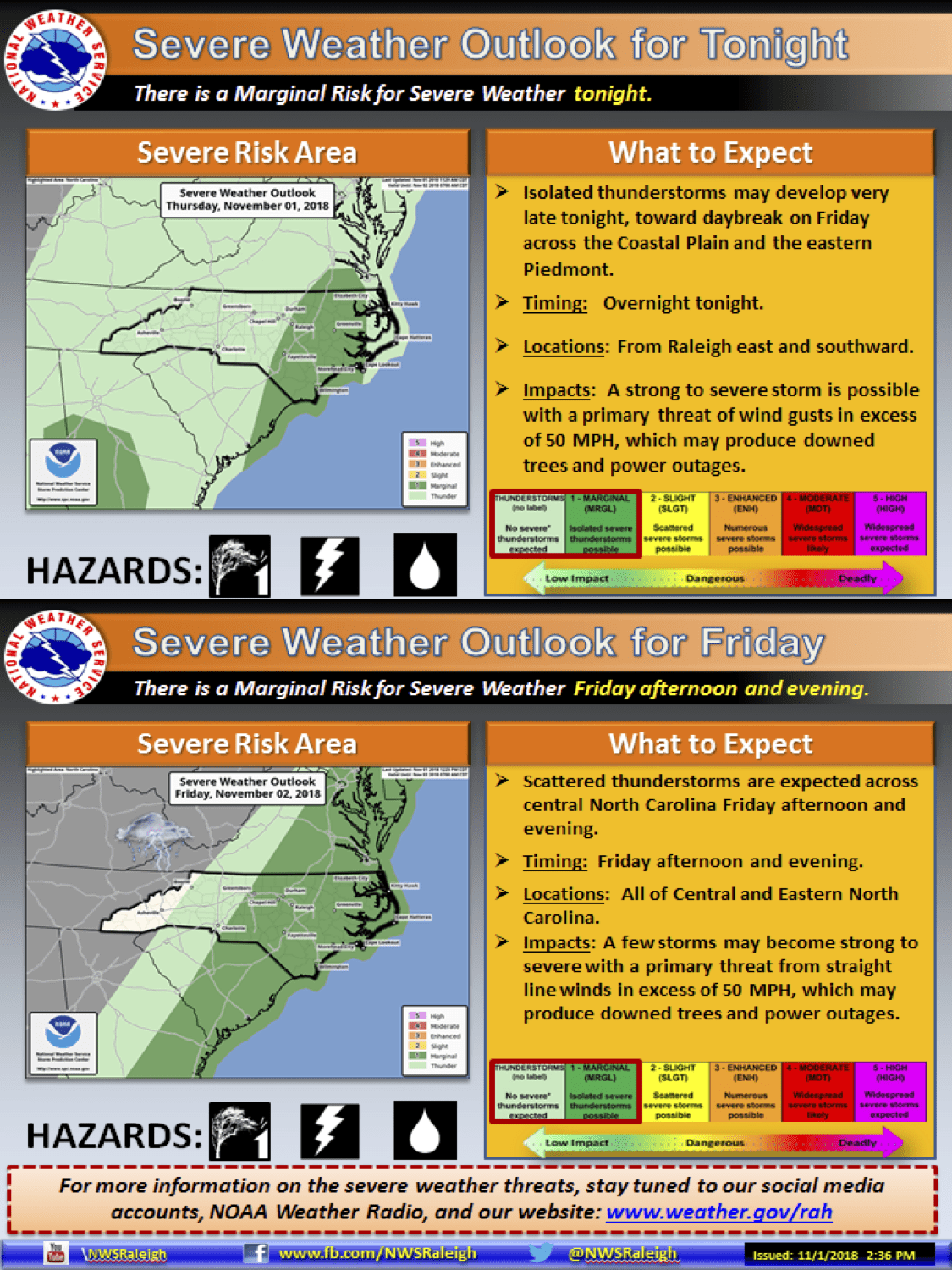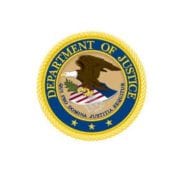-Press Release, U.S. Department of Justice
United States Attorney Robert J. Higdon, Jr. announced today that Assistant United States Attorney (AUSA) Robin Pendergraft, Chief of the Criminal Division will lead the efforts of the U.S. Attorney’s Office in connection with the Justice Department’s nationwide Election Day Program for the upcoming November 6, 2018, general elections. AUSA Pendergraft has been appointed to serve as the District Election Officer (DEO) for the Eastern District of North Carolina, and in that capacity is responsible for overseeing the District’s handling of any complaints of election fraud or voting rights abuses in consultation with Justice Department Headquarters in Washington.
“Every citizen must be able to vote without interference or discrimination and to have that vote counted without it being stolen because of fraud,” said United Staes Attorney Higdon. “The Department of Justice is dedicated to protecting the integrity of the election process.”
The Department of Justice has an important role in deterring election fraud and discrimination at the polls and combating these violations whenever and wherever they occur. The Department’s long-standing Election Day Program furthers these goals, and also seeks to ensure public confidence in the integrity of the election process by providing local points of contact within the Department for the public to report possible election fraud and voting rights violations while the polls are open on election day.
Federal law protects against such crimes as intimidating or bribing voters, buying and selling votes, impersonating voters, altering vote tallies, stuffing ballot boxes, and marking ballots for voters against their wishes or without their input. It also contains special protections for the rights of voters and provides that they can vote free from acts that intimidate or harass them. For example, actions of persons designed to interrupt or intimidate voters at polling places by questioning or challenging them, or by photographing or videotaping them, under the pretext that these are actions to uncover illegal voting may violate federal voting rights law. Further, federal law protects the right of voters to mark their own ballot or to be assisted by a person of their choice.
The franchise is the cornerstone of American democracy. We all must ensure that those who are entitled to the franchise may exercise it if they choose, and that those who seek to corrupt the voting process are brought to justice. In order to respond to complaints of election fraud or voting rights abuses on November 6, 2018, and to ensure that such complaints are directed to the appropriate authorities, United States Attorney Higdon stated that AUSA/DEO Pendergraft will be on duty in this District while the polls are open. She can be reached by the public at the following telephone number: 919-856-4530.
In addition, the FBI will have special agents available in each field office and resident agency throughout the country to receive allegations of election fraud and other election abuses on election day. The Raleigh FBI field office can be reached by the public at 919-380-4500.
Complaints about possible violations of the federal voting rights laws can be made directly to the Civil Rights Division’s Voting Section in Washington, DC by phone at 1-800-253-3931 or (202) 307-2767, by fax at (202) 307-3961, by email to voting.section@usdoj.gov or by complaint form at https://www.justice.gov/crt/complaint/votintake/index.php.
United States Attorney Higdon said, “Ensuring free and fair elections depends in large part on the cooperation of the American electorate. It is imperative that those who have specific information about discrimination or election fraud make that information available immediately to my Office, the FBI, or the Civil Rights Division.”
News releases are available on the U.S. Attorney’s webpage at www.usdoj.gov/usao/nce. Follow us on twitter @USAO_EDNC.

